(CLO) Every year, thousands of South Koreans, mostly middle-aged men, die quietly and alone. Sometimes it takes days or even weeks to find their bodies.
These are South Korea's "lonely deaths," known as godoksa in Korean, and are such a pressing problem that the government is scrambling to combat them.
This week, the Seoul Metropolitan Government announced it would spend 451.3 billion won (nearly $327 million) over the next five years to “build a city where no one is lonely.”
According to the city government, new initiatives include available loneliness counselors on a 24/7 hotline and other measures such as in-person visits and counseling.
“Loneliness is not just a personal problem, but a task that society must tackle together,” Seoul Mayor Oh Se-hoon said in a press release. The city will “mobilize all its capabilities” to help lonely people heal and “return to society,” he added.
Seoul also plans to introduce expanded psychological services and green spaces; nutritional diets for middle-aged and elderly residents; a dedicated “search system” to identify isolated residents in need of help; and activities that encourage people to get outside and connect with others, such as gardening, sports, book clubs, etc.
Experts welcome the measures but say more needs to be done, in part because loneliness in South Korea is tied to certain aspects of Korean culture that are difficult to change.
“Loneliness is a serious social problem today, so efforts or policies to address it are absolutely necessary,” said An Soo-jung, a psychology professor at Myongji University. However, he cautioned that “careful consideration is needed as to how effective these measures will be.”
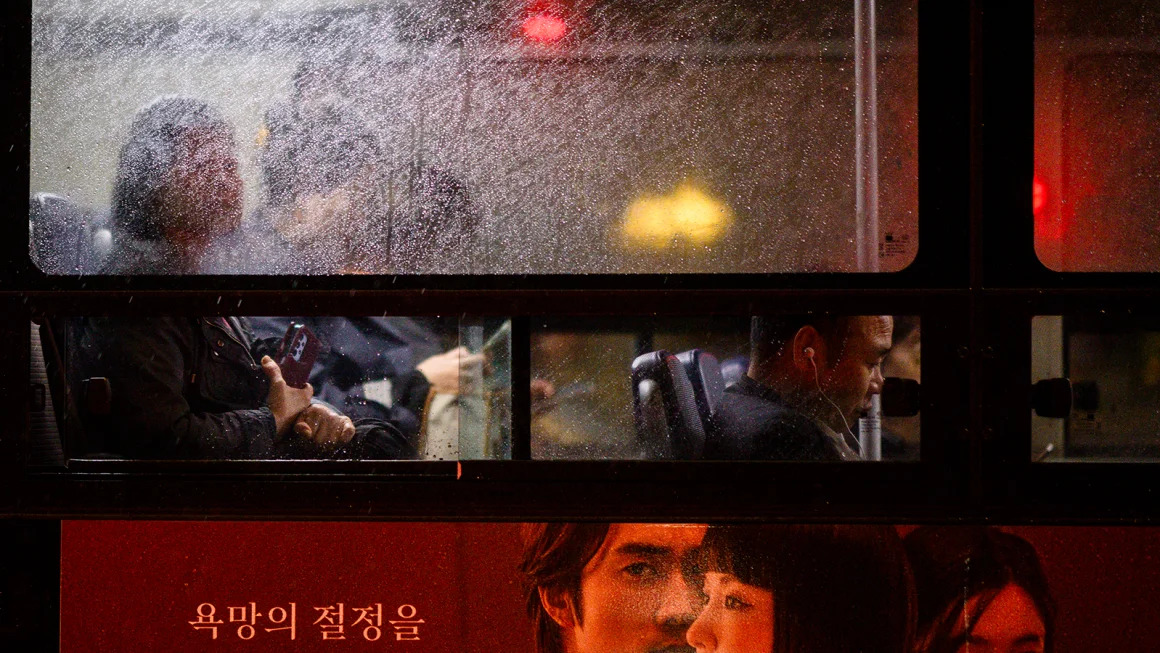
Passengers ride a bus in the rain in Seoul. Photo: AFP
Thousands of lonely deaths
Over the past decade, South Korea has become increasingly concerned about loneliness as more young people withdraw from society and spend their days isolated at home, often for months at a time. The phenomenon, known by the Japanese term “hikikomori,” has become increasingly common, with South Korea estimated to have as many as 244,000 such recluses by 2022.
The number of people dying alone also increased, reaching 3,661 last year, up from 3,559 in 2022 and 3,378 in 2021, according to the latest figures released by the Ministry of Health and Welfare last week.
That increase may be down to the ministry's new, broader definition of "lonely death." In previous years, bodies had to be found "after a certain period of time" to qualify as a "lonely death." But now the term applies to anyone who dies in social isolation, cut off from family or loved ones, or from suicide or illness.
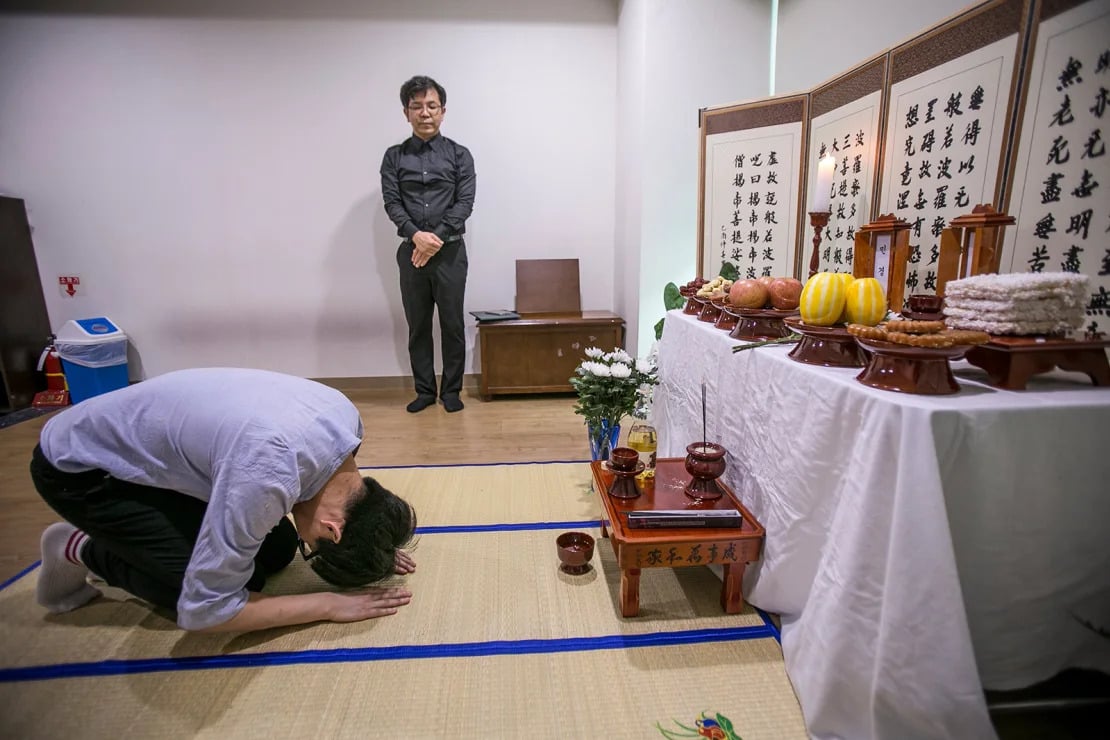
Makeshift funerals for two people who died alone at home and in hospital. Photo: Getty
Another factor behind the rise may be the country’s demographic crisis. An aging population and falling birth rate have meant that there have been more deaths than births in recent years. South Korea’s overall death rate is rising, and that includes deaths from loneliness.
But these numbers still reflect a larger problem that seems to affect middle-aged and older men most.
According to the South Korean Ministry of Health and Welfare, more than 84% of lonely deaths recorded last year were among men, more than five times the number of deaths among women. Men in their 50s and 60s accounted for more than half of the total group, making them “particularly vulnerable to the risk of dying alone.”
What makes Koreans so lonely?
Loneliness is not unique to South Korea, and “it is hard to say that Koreans are particularly lonelier than people from other countries,” said psychology professor An. However, when asked about what makes them feel lonely, she said “there are some differences compared to other countries.”
In some cultures, loneliness is seen as a feeling that occurs “when relationships are unfulfilling,” An said. “In Korea, people say they are lonely when they feel inadequate or lack purpose.” That view is shared by many other experts. Many Koreans in the Gen Y and Gen Z generations are sensitive to criticism while having low self-esteem and fear of failure.
A study from June this year found that the loneliness epidemic reflects nuances in South Korean culture. South Koreans can feel deeply lonely or a sense of failure if they feel they are not “making a significant impact on others or society,” the study said.
This is a big difference from other countries, according to Professor An. Koreans may have developed social lives and close relationships with others, but they can still feel lonely "when they compare themselves to others and wonder if they are useful, contributing enough to society, or falling behind."
The study also pointed to other causes such as the rise of single-parent households, a decline in social interactions outside of work and family, the dominance of social media and how it fosters feelings of helplessness, as well as South Korea's competitive, "achievement-oriented" culture, which fosters feelings of loneliness in those who fail to achieve their goals.
"When we all pursue the same values too much, we will eventually lose ourselves. Our society demands a highly collective social life but often does not respect the individual," An said.
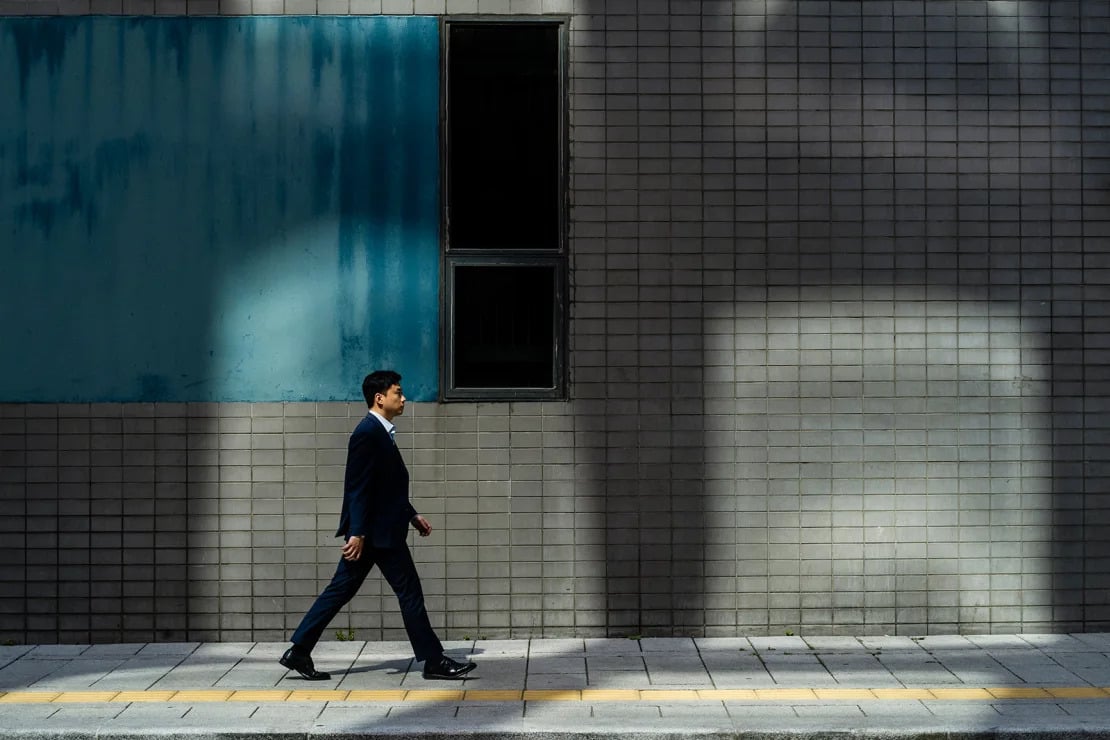
A man walks alone on a sidewalk in Seoul. Photo: AFP
Efforts of the Korean Government
Over the years, the South Korean government has introduced various initiatives to address the issue, including the Lonely Death Prevention and Management Act, which requires the creation of a comprehensive prevention plan and a situation report every five years.
In 2023, South Korea passed an amendment that will allow some reclusive youth to qualify for financial support, including up to 650,000 won ($500) per month for living expenses, to help them "reintegrate into society."
South Korea was not the only country fighting in this war.
Japan, where the hikikomori trend was first recognized and extensively studied, appointed a minister to combat loneliness in 2021. The following year, the government issued an extensive response plan that included 24/7 counseling services and expanded counseling and social work programs.
Other countries, including the UK, have also appointed similar ministers for loneliness. The US Surgeon General warned of an “epidemic of loneliness and isolation” in a 2023 advisory, urging measures such as building stronger social infrastructure and regulating online platforms.
Even the World Health Organization has set up a commission to combat loneliness by 2023, calling it an “urgent health threat.”
But Professor An said she was "skeptical whether simply expanding physical connections can fundamentally solve the problem of loneliness... This is not something that can be easily changed with just one single policy".
Because there are complex, culturally specific factors at play, she said, a broader shift may be needed so that individuals can “develop the strength to be alone and face themselves.”
“We need to develop the ability to care for ourselves and others. But life in our society is so difficult, we feel like we don't even have time to care for ourselves.”
Hoai Phuong (according to CNN)
Source: https://www.congluan.vn/dich-benh-co-don-noi-am-anh-o-han-quoc-va-nhat-ban-post318426.html








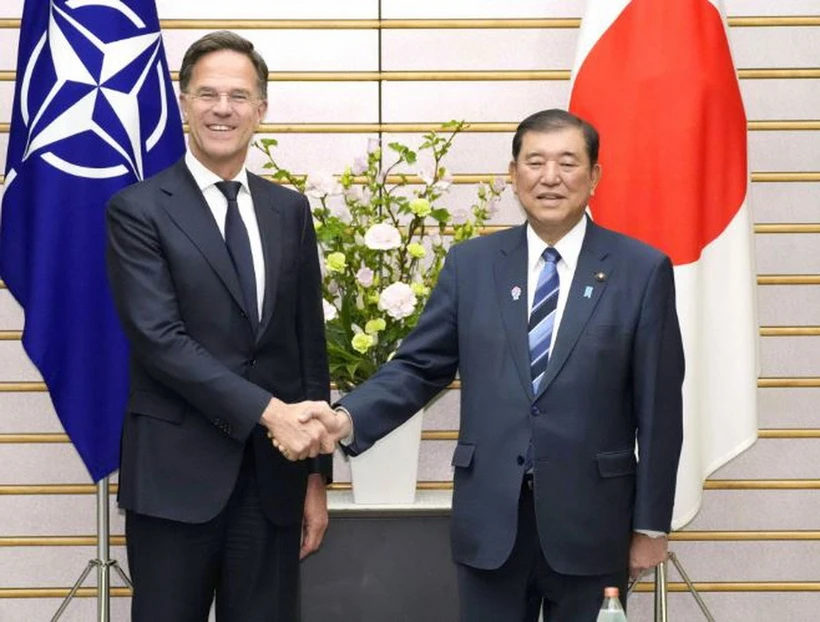


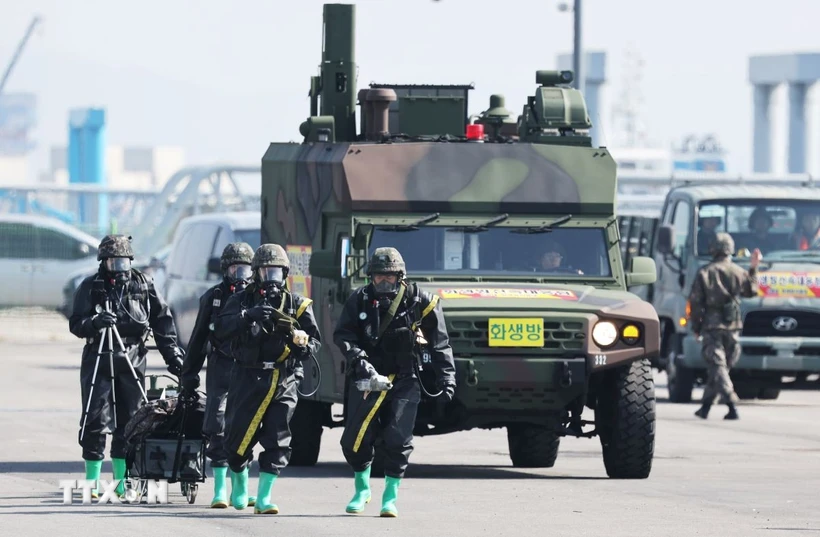



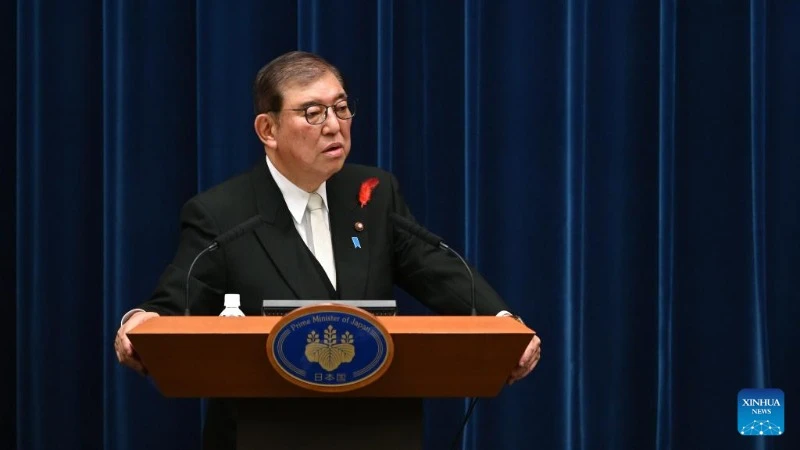


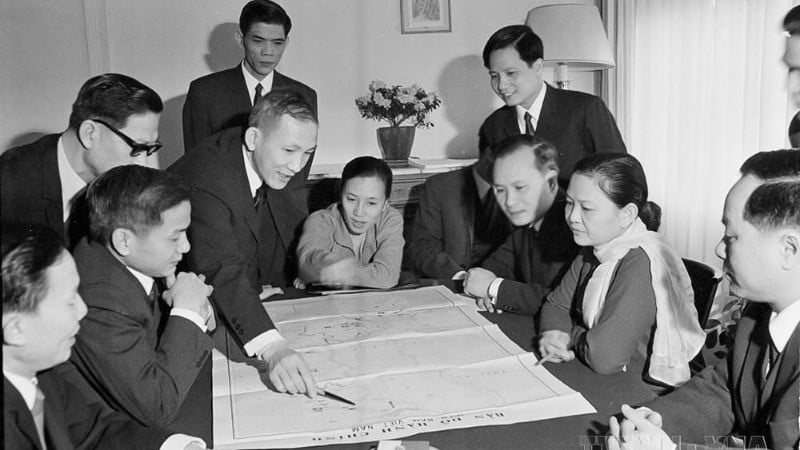
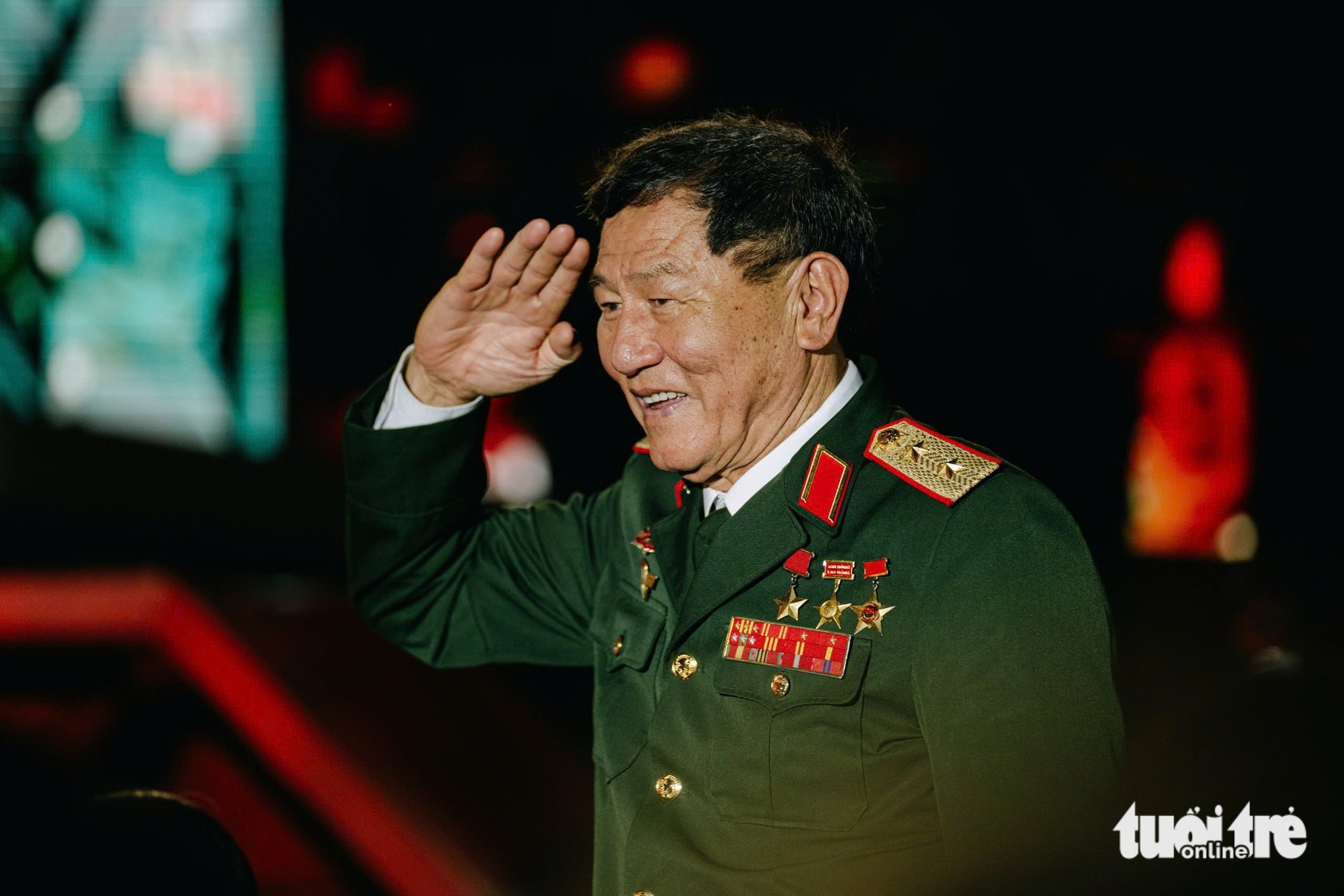


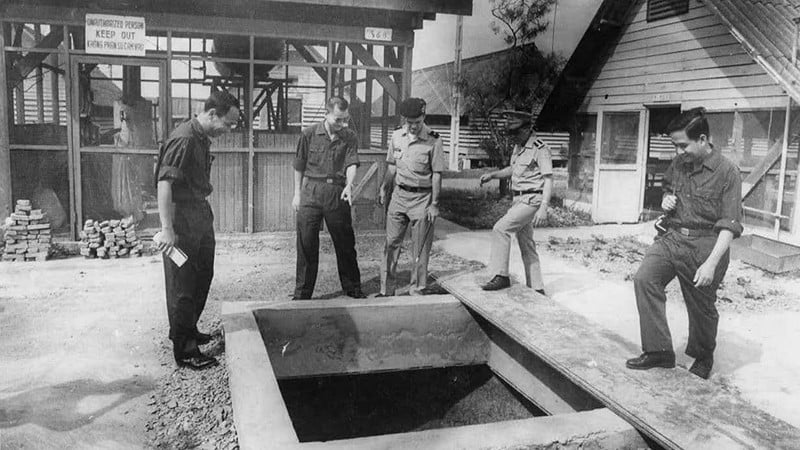
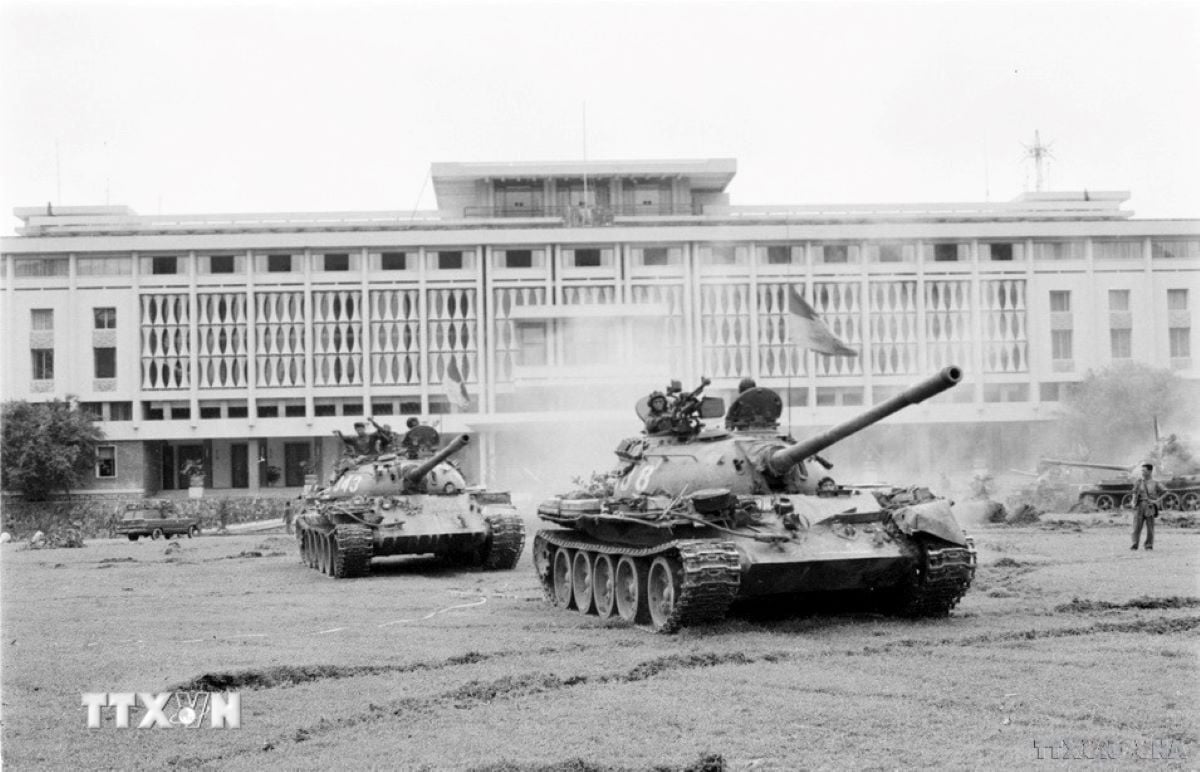










![[Photo] "Beauties" participate in the parade rehearsal at Bien Hoa airport](https://vstatic.vietnam.vn/vietnam/resource/IMAGE/2025/4/11/155502af3384431e918de0e2e585d13a)










































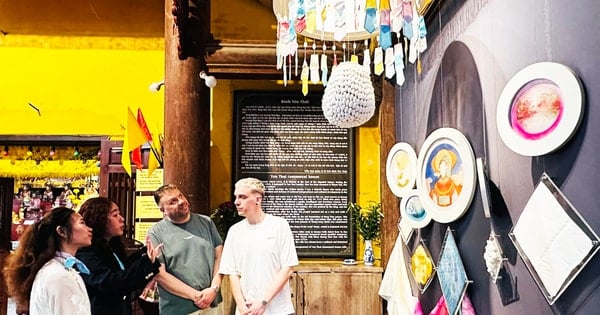


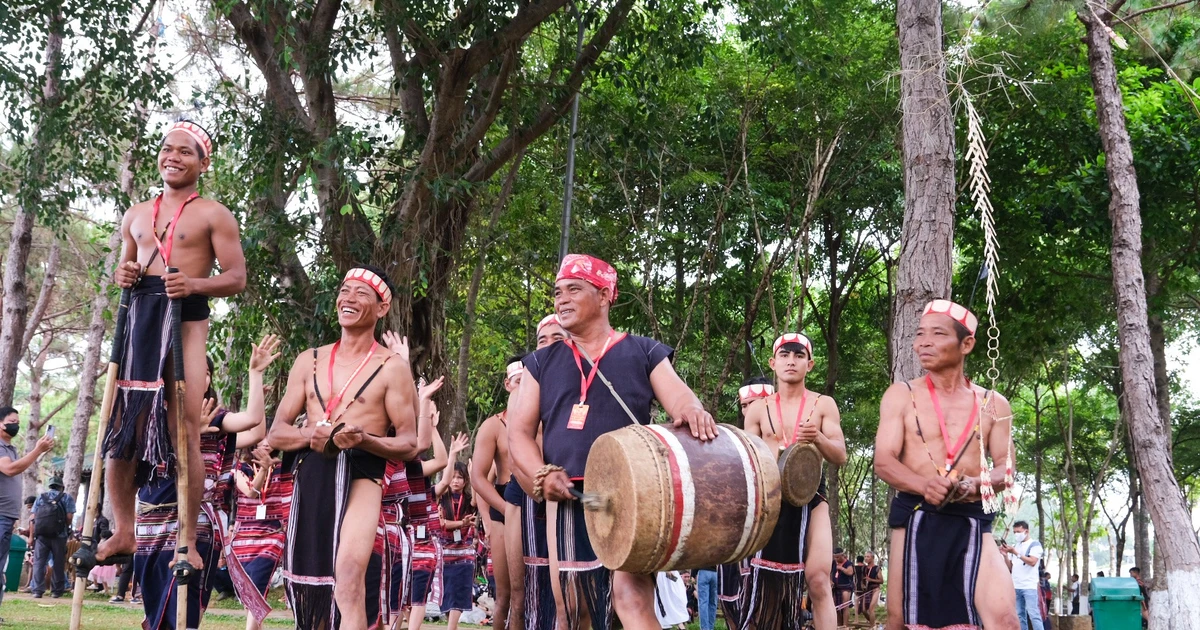

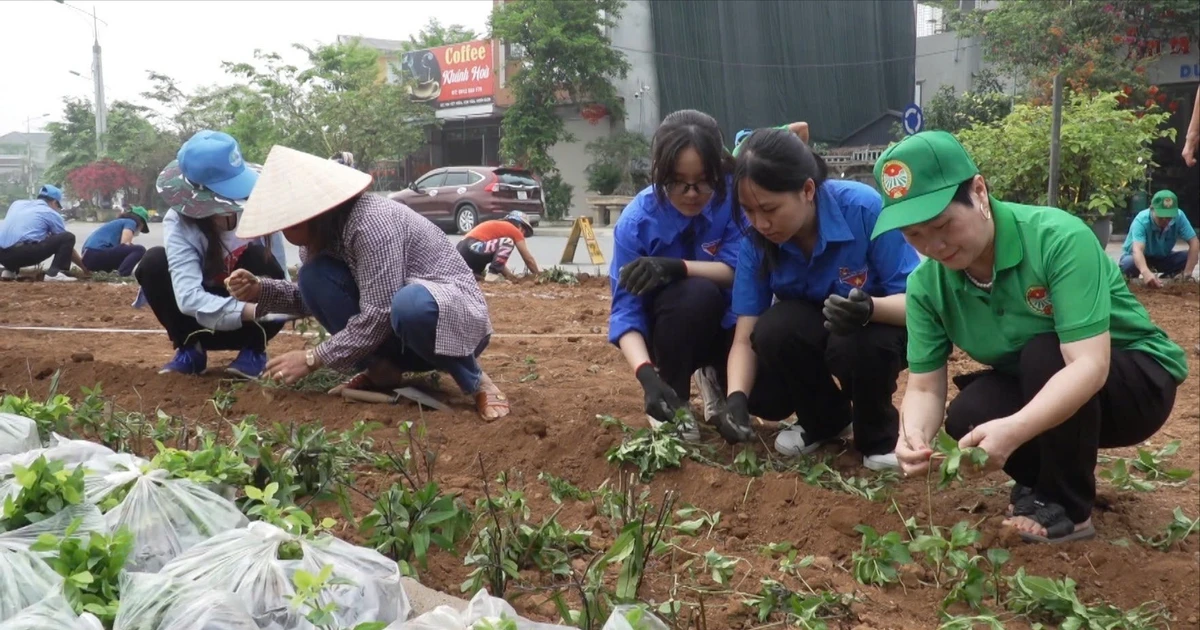











Comment (0)